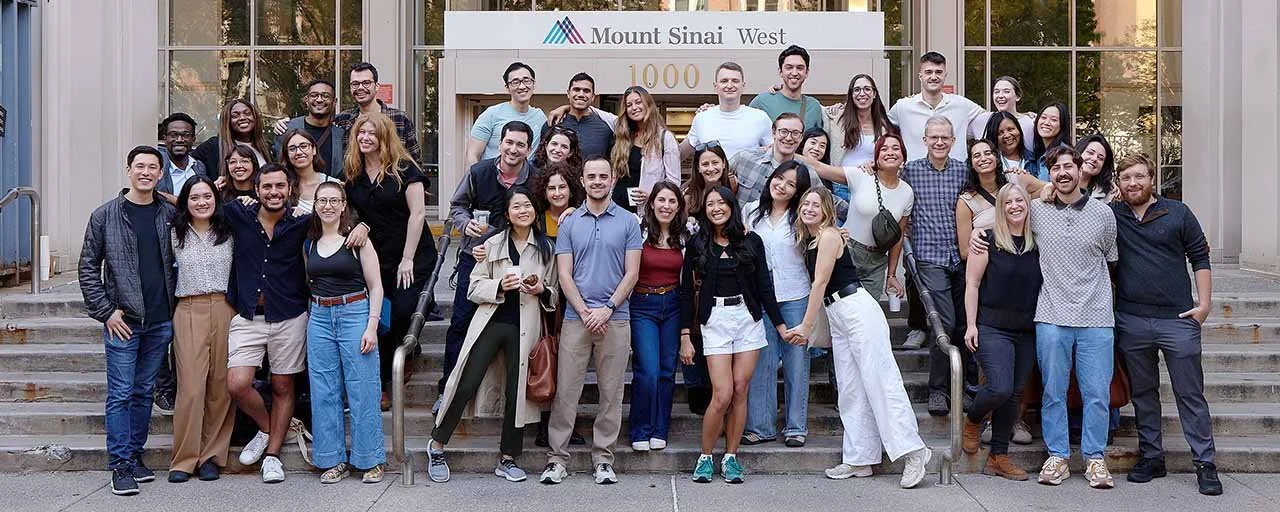What is Public and Community Psychiatry?
“Public and Community Psychiatry is a specialized field of psychiatry that extends beyond the boundaries of private practice to serve individuals and populations with complex mental health needs across the full continuum of mental health care. This continuum of care is often publicly funded and designed to serve underserved populations. Public Psychiatry is grounded in recovery-oriented care, going beyond symptom management to promote quality of life, personal agency, and support for individuals in reaching their life goals.”
— Stephanie Le Melle MD, MS
“Traditional psychiatric research often prioritizes clinical metrics like hospitalizations, emergency visits, and medication adherence. While important, these measures don’t fully reflect the goals and outcomes valued in Public Psychiatry—such as self-advocacy, reduced loneliness, improved quality of life, housing stability and self-esteem.
That’s where Public Psychiatry Fellowships comes in.
The Public Psychiatry Fellowship (PPF) at Columbia University equips psychiatrists with the tools to become impactful leaders and change agents. Fellows learn to deliver recovery-oriented care, navigate and improve systems-based practice, and drive organizational change — ultimately becoming skilled leaders, managers, and advocates who can transform mental health care from within.
The Research PPF at Mount Sinai aims to shift the focus toward research that centers the lived experiences and priorities of the people and communities served. This includes studying how systems of care—and the social determinants of health—impact recovery, treatment engagement, satisfaction, and social connectedness.”
— Dr. Stephanie Le Melle MD, MS
Why Training in Public Psychiatry Matters
Support for Mental Health in Communities
Public and Community Psychiatry is not only about providing compassionate, person-centered clinical care — it is also about leadership, advocacy, and management. Psychiatrists in this field are trained to lead change, influence policy, and ensure that the mental health system serves the most vulnerable with dignity, justice, and respect.



